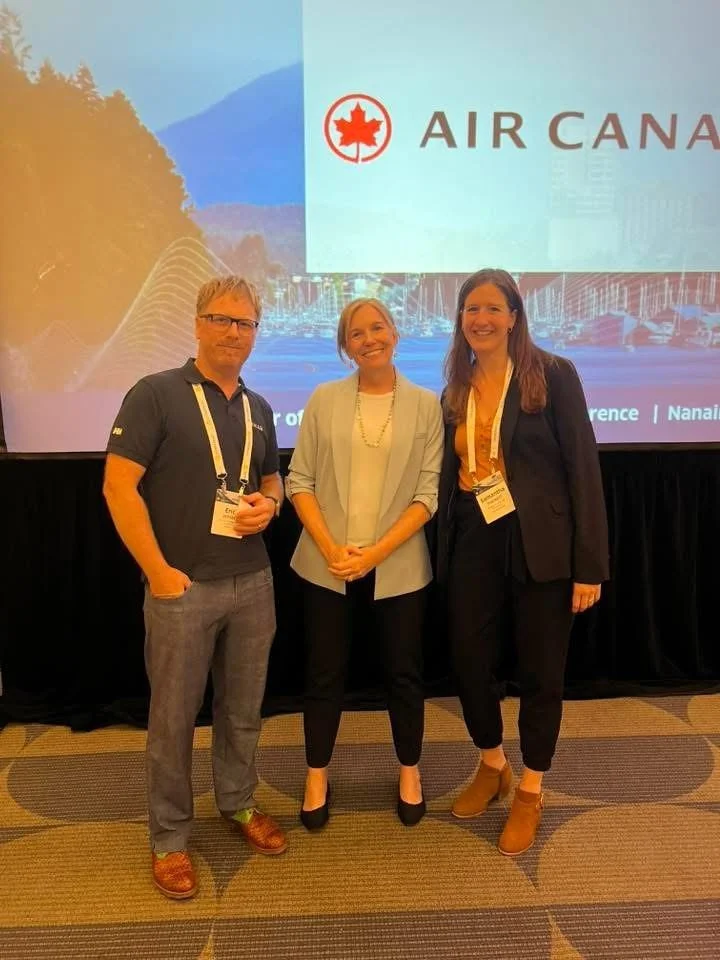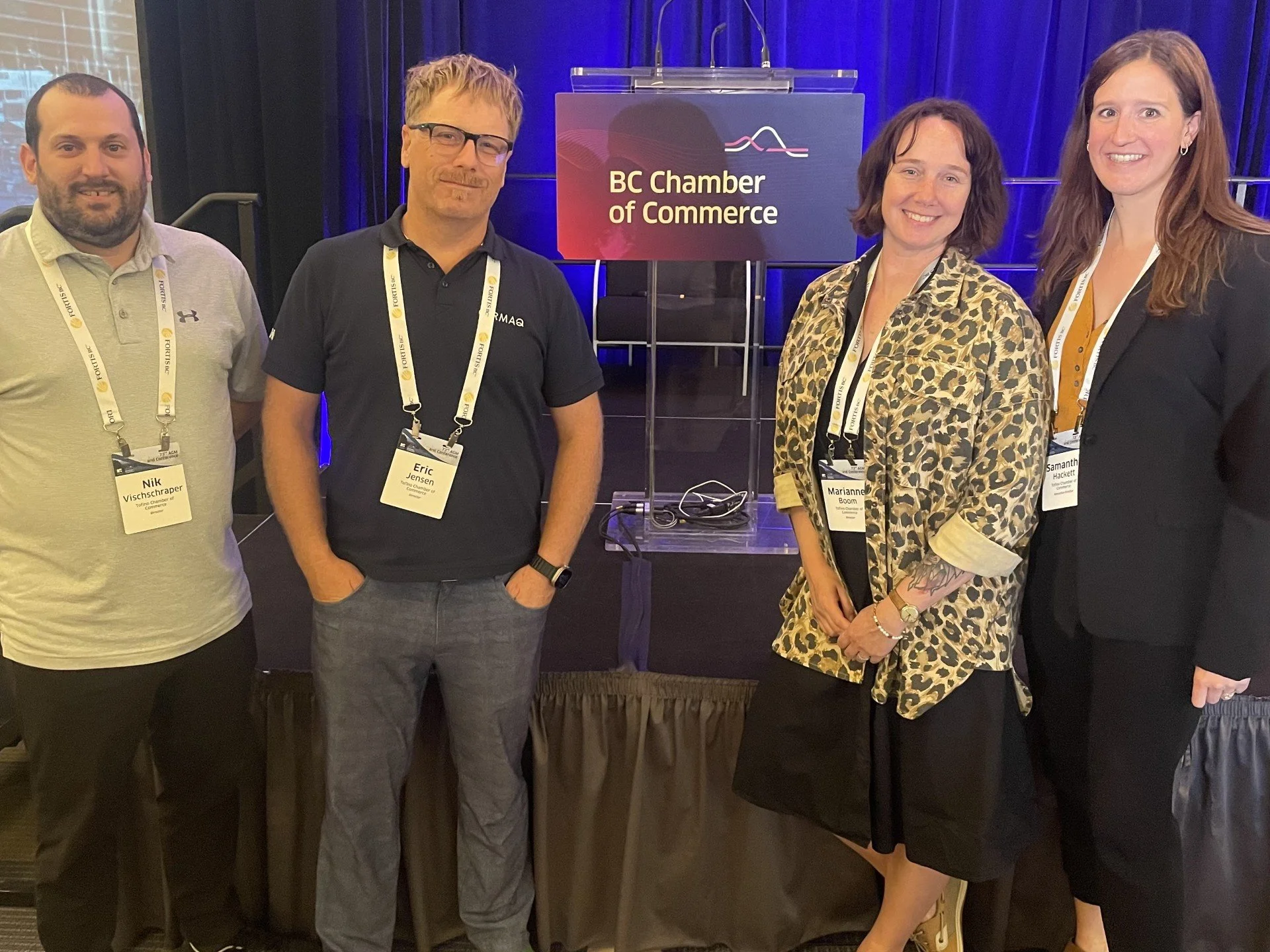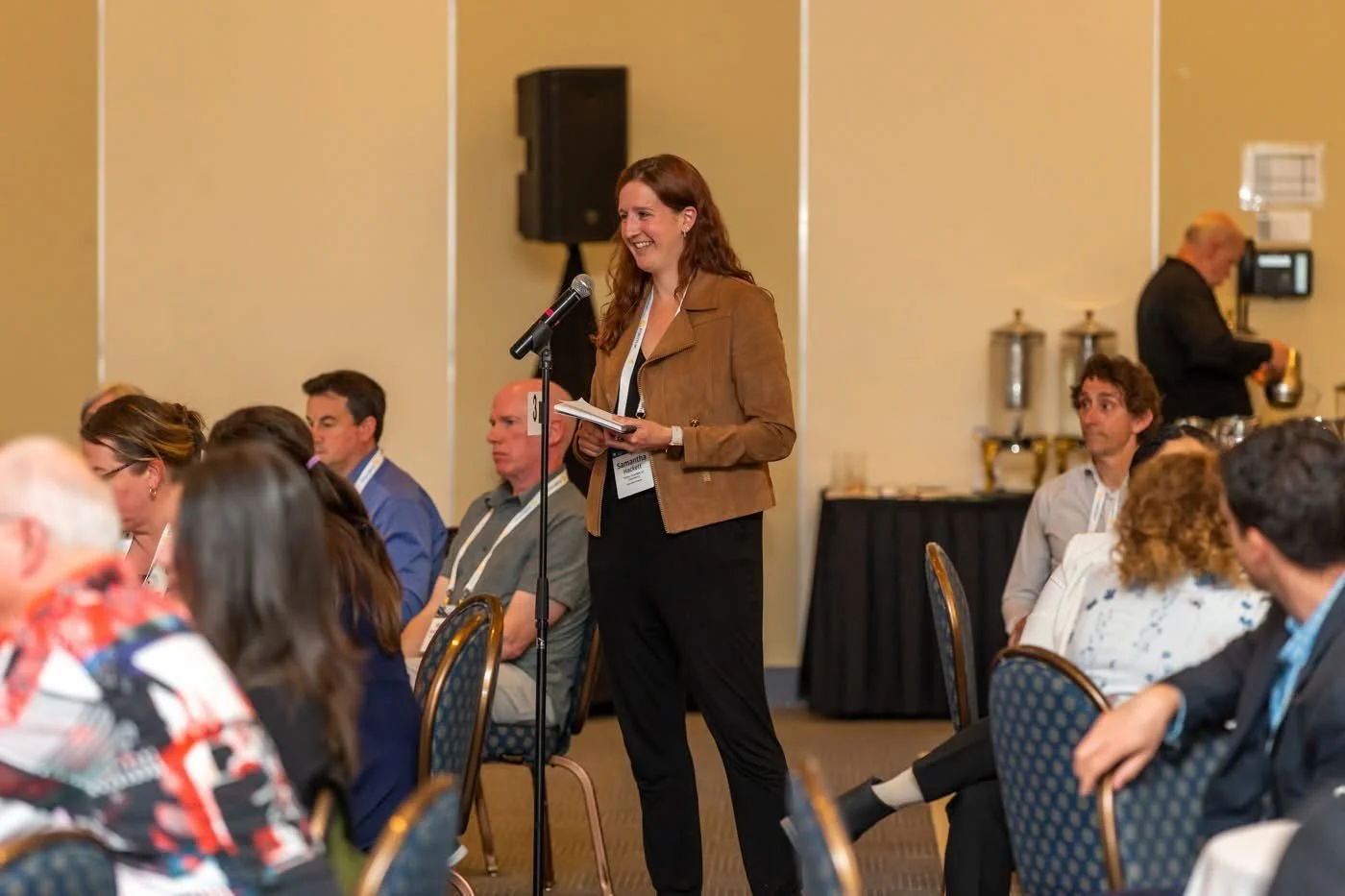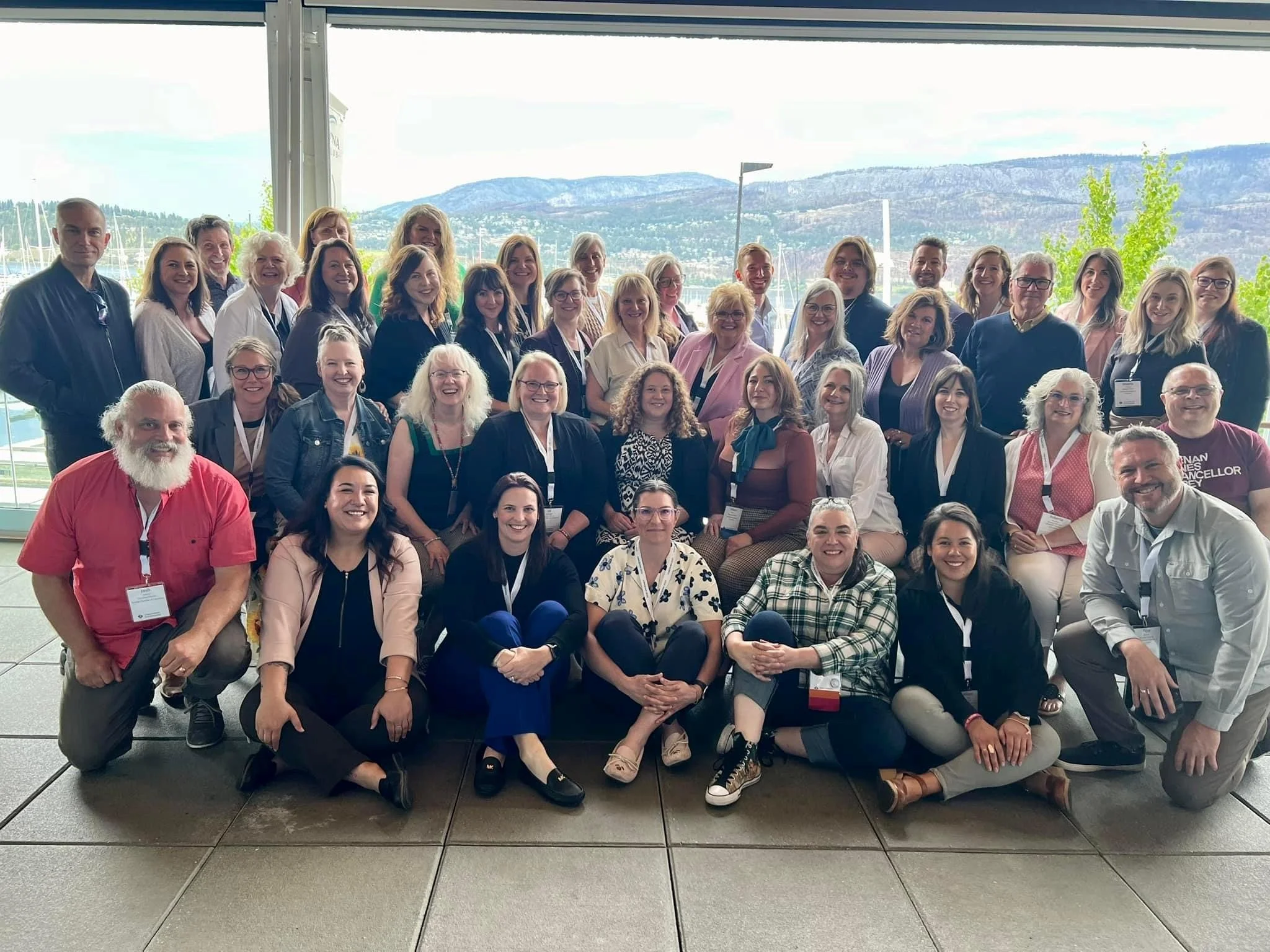Dear Members,
In case you missed our recent session with representatives from Island Health focused on shared staff accommodation, we wished to provide highlights from the discussion. Please note, contained below are some recommendations and best practices. Businesses need to adhere to WorkSafe BC’s recommendations around shared staff units, posted below and also available here.
We've been seeing around the province that resort communities have become small hot spots for COVID-19, and now with several local cases being reported, we are dealing with this in Tofino. Thankfully there are things we can learn from those who have experienced COVID transmission in a business and shared staff accommodation situation.
Thanks to Chris Fehr and his team at Tofino Resort and Marina for their willingness to share their recent experience dealing with this. Chris suggested this meeting in order to share this information to benefit other local businesses. He shared some of the key questions they encountered and we asked Island Health representatives to provide answers to these.
1. What has been the common point of exposure for employees, guest transmission or socializing outside of work? Socializing outside of work has been the common point of exposure.
2. Would you recommend seasonal employees get tested or quarantine prior to moving into staff accommodation? Testing will not provide reasonable proof of infection, the staff could have been exposed after the test and are incubating the virus. It is also possible that they previously had the virus and still test positive but are not contagious.
3. How would you suggest isolating a single employee when in a staff accommodation that has shared common areas such as kitchens? The advice here was to utilize any extra space available, eg. guest rooms or other units if there is a positive test result or need for isolation. In other resort communities, having the option of another space like a guest room to isolate staff has been very beneficial to containing spread.
4. Is it safe to isolate employees as a group if everyone in tests positive? If all the staff members in a shared staff accommodation are positive or infected, they can isolate together. There should be no contact with other individuals who are not infectious.
5. Should we be utilizing temperature checks in staff housing or arrival to work? Temperature checks are not effective or predictive, and therefore not recommended.
6. Should the communal spaces be limited to a maximum number of people at a time? Again, staff accommodations should be treated as similar to households, so limited in number and contained to that space. This is where we are lucky right now that we are not in high season and there may be more flexibility in terms of space. The number of people sharing a space should be limited as much as possible for the next few months. By the time we hit the summer season, things are very likely to look different.
7. Should all outside visitors be banned from entering the staff accommodation premises? Yes. Again, staff accommodations need to be treated as households and follow the same recommendations. Outside guests who are not part of that household should not be entering shared staff accommodations.
Other notes and recommendations:
-Keep in mind that the realities of living in staff accommodation can be challenging for your staff. The mental health aspect of dealing with this can be significant, especially for young workers. Check in with your staff and make sure resources are available to them.
-Treat shared staff accommodation units as "households". Gatherings are against public health orders, so no visitors are allowed.
-Distancing is the key principle, so limiting as much as possible the number of people in close contact. Spread beds out as far as possible when sharing rooms is necessary, and do not use bunk beds. Staff should be sleeping head to foot from one another. Also, see the WorkSafe BC recommendations below.
-Communicate early and often with staff about any changes to business' situation and make sure they are aware of all of your business' policies and procedures around COVID. Make it very clear that staff experiencing symptoms should not work and ensure this is understood by all.
-Include COVID protocols and expectations in shared staff accommodation in onboarding process.
-Cohort model is recommended if possible - cohort staff into smaller groups that both live and work together.
-Cleaning is important but focus needs to continue to be on washing hands. Droplets are transferred most commonly by touch so this is the most important area of focus.
IMPORTANT - Any staff member who experiences COVID has the right to confidentiality. Island Health is the lead and will follow process for notification and contact tracing. Your staff do not have to disclose their medical information and you do not have to inform the public. It is Island Health's responsibility to make the necessary notifications.
-Your responsibility is to manage yourself, your staff and your business should a case arise.
-COVID-19 is present everywhere and the identification of individuals or locations can set a tone of bias and/or complacency.
WorkSafe BC Recommendations regarding shared staff accommodation:
Evaluate the risks and consider strategies for shared staff accommodation, including housing people in groups of 6 or less and defining teams of workers who live and work together in exclusive groups (referred to in some industries as “teams” or “pods”). This will help reduce the risk of transmission to larger groups.
Avoid having staff share a room if possible. If not possible, limit sharing to within teams or pods as noted above, arrange beds at least 2 metres apart, and head-to-toe. Use temporary barriers between beds, such as curtains.
The BC Centre for Disease Control has issued Protecting Workers, Contractors, and Employers Working in the Natural Resource Sector During the COVID-19 Pandemic that might provide useful information for managing shared worker accommodations.
Develop policies restricting employees or others from employee housing if they are ill or require isolation. Develop a plan to manage staff who develop symptoms of COVID-19 while in staff accommodation.
Post signage promoting good hand hygiene and respiratory etiquette.
Stagger mealtimes, open additional dining areas, and limit group activities to decrease crowding and social interaction.
Cleaning products should be readily available, monitored daily and restocked daily as required.
High touch surfaces such as counters, handles, control switches should be cleaned a minimum of twice per day with regular household cleaning products, disposable wipes or a diluted bleach solution. This also includes food storage and preparation surfaces, serving areas, drinking stations, waste disposal facilities, tables, chairs, work surfaces, desktops and washroom facilities. Follow the directions on the cleaning product label.
Maintain a cleaning schedule and log.
Ensure staff are trained on the protocol and correct use of cleaning product
Visit here from more information from WorkSafe BC.











